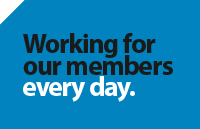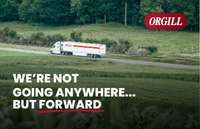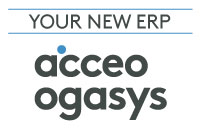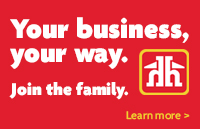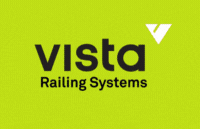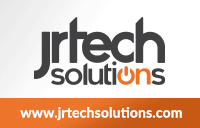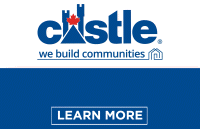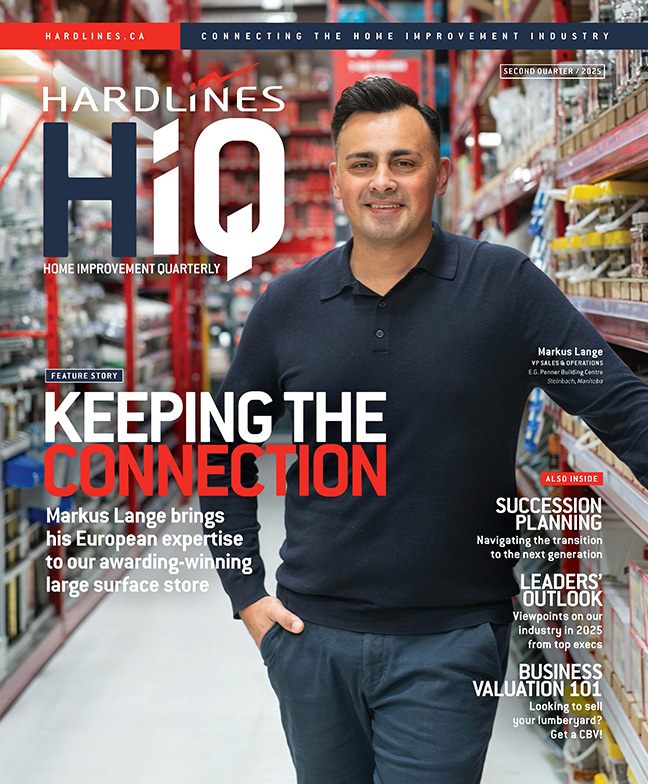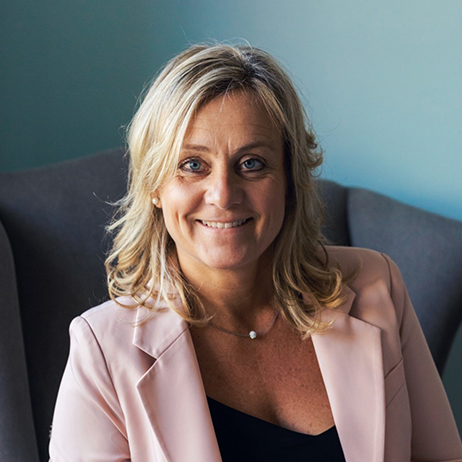
Building a business plan, a strategy for your business, is a cost of entry for most companies, says Nicole Gallucci. The roadmap it lays out can help a company plan and measure its growth and successes. But this kind of roadmap is not something that we tend to develop for ourselves personally. And for Gallucci, that’s a big mistake.
While it’s an important strategy for anyone at any age, she specializes in working with young people to help them develop a step-by-step path—along with the discipline to follow that path. She calls it a Life Blueprint.
Mindfulness and awareness are important conversations but they can only go so far. “Buying the lottery ticket doesn’t mean you’re going to win the lottery. So I think you can definitely have the dream, but you have to put the wheels in motion that will take you to that dream.”
Gallucci wants young people to understand that success doesn’t happen overnight. She blames social media for letting people show how ideal their situation is, working from the beach or by a pool every day. “Social media is telling them, ‘Oh, I get out of bed and I look beautiful every morning and I sit on an island and work all day.’ So they’re only seeing the positives. They’re not seeing the real-life stuff.”
These scenarios aren’t real—or sustainable—in most cases. At the same time, situations like remote work deprive young people of access to role models, people who could instill work ethics and values and insights.
In fact, she adds, younger workers, deprived of this wider source of input and modelling, often don’t even realize what they’re missing. People have to build their jobs, day by day, to make them positive and meaningful, because any effort to follow their dream or pursue their dream job will require lots of grunt work, menial undertakings, and late hours. Having role models or guides can help get through those times.
Because she’s not their parent, Gallucci isn’t preaching or harping on this stuff, even though she is likely saying many of the things their parents are telling them. The difference, she says, is that she doesn’t harbour an agenda. So as a coach and mentor, she can offer input from a more objective perspective.
“I do think it’s our responsibility if we’ve walked a path and can help somebody behind walk that path more easily—I think it’s our responsibility to share that.”

















